What You Need To Know About Bakuchiol – 5 Incredible Skincare Benefits
5 Incredible Skincare Benefits of Bakuchiol
Overview
Bakuchiol is the latest buzzword in the cosmetic industry that is said to have magical healing properties. Its anti-aging effects on the skin have been compared with retinol—a prized derivate of vitamin A that is considered the gold standard in skincare—so much so that it is commonly advertised as a natural, safer, vegan alternative to retinol. This compound is increasingly popular and commonly found in anti-aging serums, lotions, creams, and facial oils. Proponents claim that it may even be better tolerated than retinol due to its plant origin and non-sensitizing nature.
Though research on bakuchiol is limited, evidence suggests that topical application of bakuchiol-containing skin products can increase collagen production, improve wound healing, soothe inflamed skin, boost elasticity, reduce environmental damage, and reverse premature wrinkles. Moreover, this natural retinol alternative is extremely gentle on the skin and works perfectly for irritable and sensitive skin types.
Read on to find out all about bakuchiol and its skincare benefits.
What is bakuchiol?
Bakuchiol is a naturally occurring compound found in a medicinal herb named Psoralea corylifolia—a tropical leguminous plant that commonly grows in India and parts of Southeast Asia. Locally known as Babchi or Bakuchi, the plant has long been used in traditional Chinese and ayurvedic medicine for treating a wide range of ailments.
Various parts of the plant—the seeds, leaves, stems, roots, and fruits—are all used for therapeutic purposes. It is traditionally known to strengthen heart muscles, stabilize the heartbeat, reduce plaque buildup around arteries, improve blood sugar control, lower cholesterol, boost gut health, and reduce the risk of kidney stones.
This compound is considered immensely beneficial for skin and hair due to its hormone-regulating and blood-detoxifying properties. A powder made from its seeds is popularly taken as a versatile health supplement to promote skin vitality and check issues like frequent breakouts, skin pigmentation, excessive skin dryness or oiliness, premature hair greying, hair discoloration, or excessive hair fall. Hormonal imbalances are often at the root of many hair and skin problems. Removing toxins from the bloodstream, along with enhanced circulation, further ensures an efficient supply of nutrients to skin cells.
Bakuchi oil, which is extracted from seeds using a specialized method, is regarded as a wondrous skin healer in the ayurvedic tradition. It has been
Bakuchi oil vs. bakuchiol: Which one should you choose?
Bakuchi oil contains about 1.6-12% bakuchiol by composition. However, being extremely potent, it is not considered safe to apply on the skin at full strength. It is typically used in combination with a carrier oil like rosehip or almond. But diluting the oil also lowers the concentration of bakuchiol, which means you may have to use it for a much longer time to get retinol-like quick and visible anti-aging effects.
Also, the oil contains a compound called psoralen that is known to make your skin more sensitive to sunlight. Psoralens are medically used in combination with UV rays (PUVA therapy) to treat skin tumors and vitiligo. While the oil can still be safely used at nighttime and provides more holistic skin benefits, the presence of psoralen makes it less attractive.
To make the product fast acting and suitable for daytime use, bakuchiol extracted from the seeds and leaves of this plant is combined with other hydrating ingredients like hyaluronic acid or squalene and made into an easy-to-use serum or cream. Studies have shown that topical application of bakuchiol-containing skin products can boost collagen production and benefit your skin in multiple ways.
Bakuchiol skin benefits and uses
1. Prevents and slows down environmental skin aging
Being a powerful antioxidant, this compound helps fight free radical damage and prevents the oxidative breakdown of skin lipids. Studies have shown that regular application of bakuchiol-containing skin products can reduce the appearance of wrinkles and fine lines, repair damaged skin, and increase cell turnover, revamping the overall texture and tone of the skin and restoring the youthful glow in just 12 weeks. It also reduces photoaging and lowers the risk of skin cancer.
Photoaging refers to premature aging of the skin caused by chronic and repeated exposure to UV radiation—both from the sun and artificial light sources. Unlike biological skin aging, which is marked by slow and gradual loss of collagen, photoaging can cause visible damage to the skin and appear as early as in your 30s. It can cause pigmentation (hypo- or hyperpigmentation), loss of elasticity, sagginess, dryness, sallowness, leathery skin, undereye patches, and deep wrinkles. Moreover, photoaging also causes collagen loss and accelerates biological skin aging.
Evidence suggests that over 90% of skin aging is caused by external factors like sun damage, poor skin hydration, dust, pollution, smoking, and overuse of chemical-laden skin products—and this kind of environmental aging can be reversed or minimized. With proper hydration and antioxidant-rich skincare products like retinol or bakuchiol, it is possible to reverse and repair nearly all signs of damage.
2. Improves skin elasticity and barrier
Research shows that bakuchiol works in a multidimensional way to improve the structure and integrity of your skin barrier. In a 2014 clinical trial, a 12-week treatment with bakuchiol cream stimulated the production of type III collagen in the skin, while also upregulating type I and type IV collagen.
Type III collagen is crucial for maintaining the health and elasticity of your skin. It helps in wound repair and new tissue formation, whereas type I collagen is what your skin is made up of. Type III collagen is also vital for making other types of collagen and structural skin proteins—and it is the one most affected by biological aging.
Researchers have also found that it reduces multiple markers of cellular aging by increasing aquaporin 3 gene expression, which plays a key role in skin hydration and barrier function. In a 2022 study, a 4-week application of bakuchiol-containing formulation was more effective than retinol in improving skin growth proteins, cell regeneration, and wound healing.
3. Reduces pigmentation and dark spots
Bakuchiol is an extremely potent dark spot remover. Research shows it can inhibit an enzyme called tyrosinase, which helps synthesize melanin in your skin and contributes to hyperpigmentation. Regular application of bakuchiol creams or serums can help reduce excess melanin deposits while also preventing additional tanning, thereby slowly fading away spots and scars and giving you an even skin tone.
Bakuchiol has also been found effective in removing post-inflammatory hyperpigmentation (PIH), which is the type of brown spots your skin develops after recovering from an injury, burn, irritation, or pimple breakout.
In a 2019 double-blind trial, 44 participants were asked to apply a 0.5% cream of either retinol or bakuchiol twice daily. High-resolution facial photographs were obtained to analyze the effects over a period of 12 weeks. Researchers found that both retinol and bakuchiol were equally effective in reducing hyperpigmentation and redness. But while retinol users reported some facial skin scaling and stinging, this compound was well tolerated and did not cause any unpleasant side effects.
4. Prevents acne breakouts and skin infections
Bakuchiol benefits acne-prone skin in multiple ways. Research shows it can downregulate the formation of 5-alpha-reductase—an enzyme that stimulates your sebaceous glands to produce sebum. Excess production of sebum can clog pores and encourage bacterial growth, leading to frequent breakouts and infections.
It also has antibacterial and antiseptic properties that can help control the growth of microbes. It has been found extremely effective against Propionibacterium acnes, which is one of the most abundant bacteria on human skin that normally lives around sebaceous glands and hair follicles. In some conditions, it can become opportunistic and cause acne and inflammation.
According to a 2011 study, bakuchiol is probably the only agent after retinoic acid that is effective in managing multiple problems of acne-prone skin. Researchers also noted that it was effective against several infection-causing pathogens, including Staphylococcus and Candida. On the other hand, retinol and retinoic acid do not appear to have antimicrobial properties—they must be used in combination with other antimicrobial agents.
5. Soothes and nourishes inflamed skin
The best part about bakuchiol is that it works equally well for all skin types, including sensitive and inflamed skin. People living with chronic allergic skin conditions like rosacea, psoriasis, eczema, or dermatitis find it hard to use a powerful skin rejuvenator, like retinol or other heavy-duty ingredients, due to the high risk of aggravation.
It has anti-inflammatory properties that can help soothe skin irritations like rashes, itchiness, flakiness, hives, pimples, redness, and swelling. Research shows it decreases the expression of pro-inflammatory enzymes and improves healing.
In a 2020 study, 60 females with sensitive skin—which comprised those with eczema, psoriasis, and cosmetic intolerance syndrome in equal proportions—were given a bakuchiol-based moisturizer to apply twice daily. At the end of the 4-week trial period, all participants reported significant improvement in smoothness, clarity, radiance, and overall appearance of the skin. Researchers also found a 16% increase in skin moisture content, suggesting that this compound was well-tolerated and effective.
Possible risks and safe practices
Bakuchiol is generally considered safe for most people and is not known to cause any adverse side effects. It is also thought to be safe during pregnancy and lactation. However, even plant-based ingredients can cause irritation in some exceptional cases, especially when not used correctly. If you want to include this compound in your skincare regimen, consider performing a patch test before use.
When buying a bakuchiol-based cream or serum, it is important to choose a percentage that best suits your skin type. Clinical studies have found that amounts between 0.5-2% are ideal to get visible results and are well-tolerated. If you have never used retinol or bakuchiol before, consider starting with a small percentage first—remember, more is not necessarily better.
Final thoughts
Bakuchiol comes from an age-old medicinal plant that has been used for centuries to promote skin and hair health. It is widely considered a natural and less-irritating alternative to retinol. Loaded with skin-rejuvenating and antioxidant properties, it has been proven to slow down skin aging, minimize wrinkles, restore skin elasticity, boost collagen content, and improve the skin barrier.
Though less popular than retinol, bakuchiol is not known to lose efficacy over time. It is also pregnancy-safe and can be used twice a day for optimal effectiveness. However, if you are already using a topical treatment or experiencing a skin condition, consider speaking with your dermatologist before including bakuchiol in your routine.
Remember, “Do Something Everyday that Heal Your Body”
To Your Health!
References
https://www.ncbi.nlm.nih.gov/pmc/articles/PMC3249905/
https://www.ncbi.nlm.nih.gov/pmc/articles/PMC7167735/
https://pubmed.ncbi.nlm.nih.gov/29947134/
https://pubmed.ncbi.nlm.nih.gov/24471735/
https://pubmed.ncbi.nlm.nih.gov/35514037/
https://onlinelibrary.wiley.com/doi/10.1111/jocd.15420
https://www.sciencedirect.com/science/article/abs/pii/S0308814622029156
https://www.researchgate.net/publication/284931325_Bakuchiol_in_the_management_of_acne-affected_Skin
https://pubmed.ncbi.nlm.nih.gov/12218231/
https://pubmed.ncbi.nlm.nih.gov/33683079/
https://pubmed.ncbi.nlm.nih.gov/33346506/
https://pubmed.ncbi.nlm.nih.gov/12218231/
Feature image credit:Image by wirestock on Freepik;

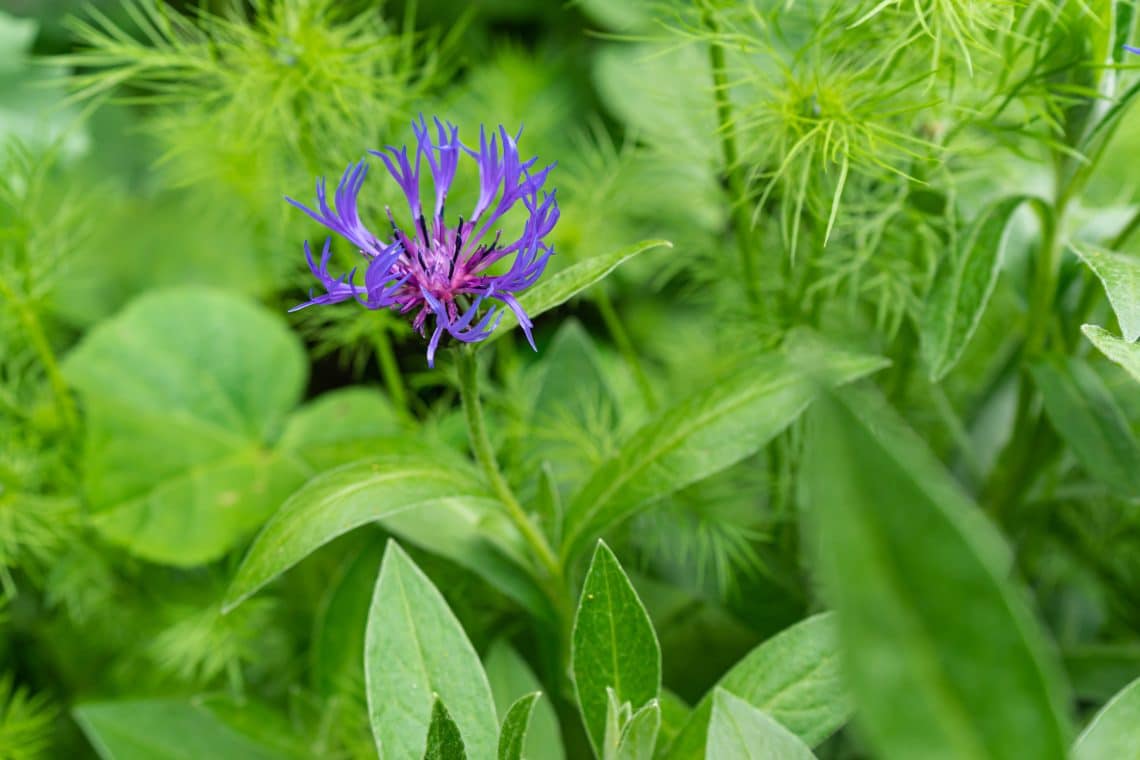

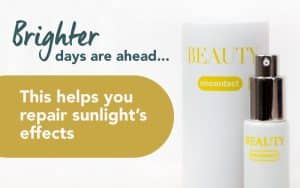

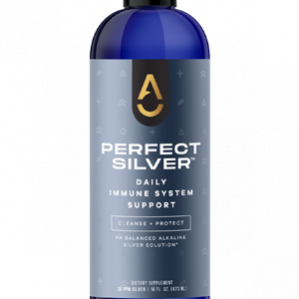
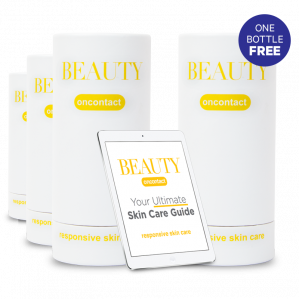
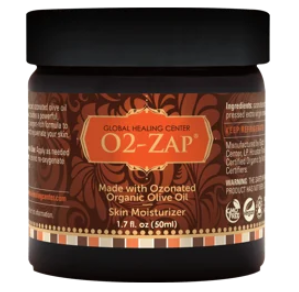
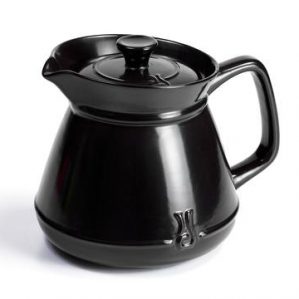
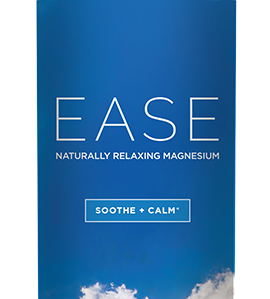











0 Comment